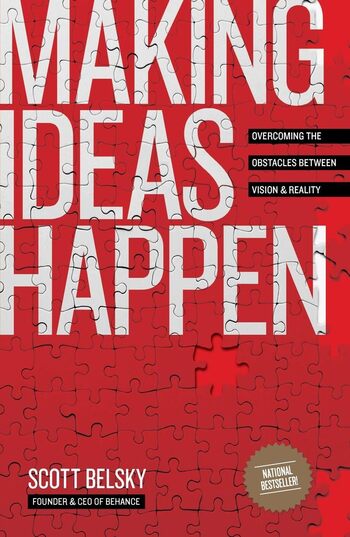
Enlightenment Now by Steven Pinker argues that progress through reason, science, and humanism has led to significant improvements in human well-being worldwide, contrary to prevailing pessimistic views.
Main Lessons
- Progress has been remarkable in areas like health, prosperity, and happiness worldwide, not just in Western countries.
- The Enlightenment’s focus on reason and science is pivotal to enhancing human well-being.
- The media often skews our perception of progress by emphasizing negative news.
- Economic growth correlates with improved quality of life, including education and technology.
- Inequality is not synonymous with poverty; wealth can grow globally, benefiting diverse groups.
- Understanding history shows past challenges overcome by innovative solutions like vaccinations.
- Education fosters critical thinking, guarding against misinformation and conspiracies.
- Environmental challenges need flexible solutions that balance human well-being with sustainability.
- The availability heuristic affects how we perceive the frequency and severity of global problems.
- Religious belief systems can clash with humanistic values, creating societal tensions.
- Political ideologies may distort rational thought, leading to tribalism.
- Richer societies tend to have happier populations due to improved resources and freedoms.
- Technology enables a more efficient use of resources, reducing environmental impact.
- Recognizing incremental progress can combat cynicism and inspire continuous improvement.








